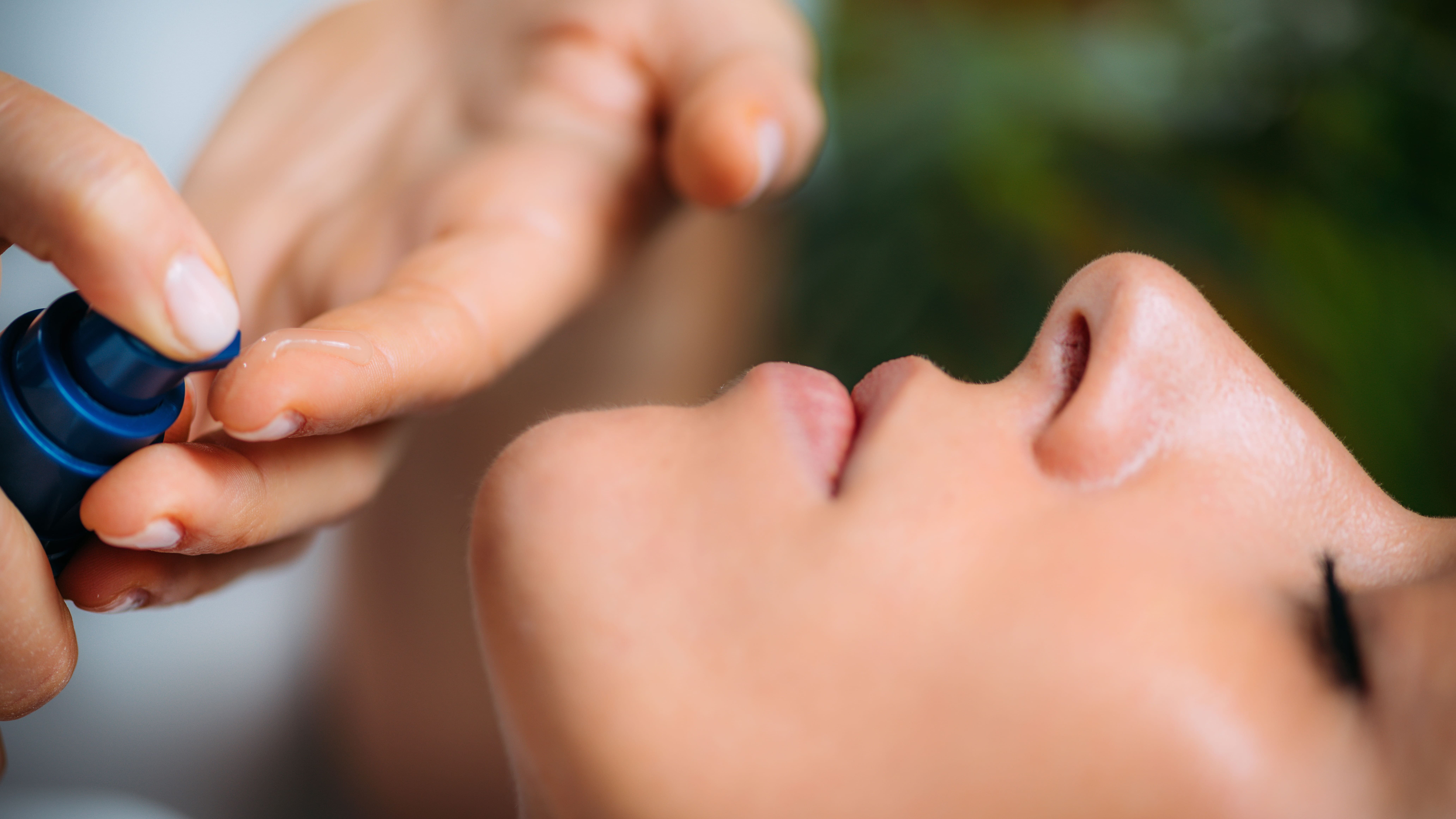Retinol vs. Retinoids: What are the differences?

The terms “retinol” and “retinoids” are sometimes used interchangeably, especially that they sound similar; however, they are not the same thing and their interchangeable use is just a misconception!
Retinoids and retinols are related but distinct, so think of them as relatives rather than clones. Read on to understand more about the differences between retinol and retinoid, as well as what these components are, how and when to use them, and their degrees of efficacy.
What is Retinoid?
Vitamin A derivatives called retinoids are transformed into retinoic acid for use in skincare.
Retinoids are antioxidants with a remarkable reputation for fighting wrinkles; they encourage the formation of collagen beneath the skin, which over time reduces wrinkles. However, reducing wrinkles barely touches the surface of what retinoids are capable of. It has been demonstrated that retinoids lighten dark spots and increase cell turnover to improve the texture and tone of skin. Some retinoids work to clear pores, which helps to treat acne. Others control skin cell development and reduce inflammation to treat psoriasis.
What is Retinol?
Retinol is a multipurpose skin care product that is a type of retinoid that is derived from vitamin A. Vitamin A in the form of retinol has several applications in skin care. It contains anti-aging properties and is used to treat acne. In fact, your skin can benefit from retinol in several ways, including skin renewal, reduction of wrinkles, as well as evening skin tone through reducing hyperpigmentation.
As retinol is topical, you may apply it directly to your skin. Retinols can be found in creams, gels, lotions, ointments, and serums. It is used as a key ingredient in cosmetic products.
Also, read to know more on the 6 benefits of retinol, here.
How and When to Use
Both retinol and retinoids, which are both derivatives of vitamin A, are changed into retinoic acid prior to having an effect on the skin. These two substances both cure wrinkles and offer anti-aging properties. Retinol is an over-the-counter retinoid and is readily accessible for those looking to have clear, radiating skin.
So, how and when can you use retinol?
Do a patch test on a tiny patch of skin before using a retinol product for the first time to check for irritations.
Follow the directions on the bottle while applying retinol. Here are the general steps you would take:
Step 1: Use a light cleanser on your skin, then pat it dry. Avoid exfoliating while using retinol products.
Step 2: Using a dose that is roughly the size of a pea, put retinol on your entire face in a thin coating (be careful not to get it in your mouth, nose and eyes).
Step 3: Apply the retinol just every other day during the first few weeks of treatment.
Step 4: Apply a face moisturizer that won't clog your pores to seal the deal!
Step 5: Enjoy the benefits of retinol!
Efficacy on the Skin
One retinol you do not want to miss out on and whose efficacy is unparalleled is the Neutrogena Retinol Boost Night Cream, 50ml, Anti-Ageing Cream, Fights Wrinkles Dryness and Age Spots, with Retinol and Hyaluronic acid.
Also check out some of our new Retinol based products from Neutrogena such as : Neutrogena Retinol Boost Serum , Neutrogena Retinol Eye Cream & Neutrogena Retinol Boost Day Cream SPF15. <?p>
In order to combat the telltale signs of aging, dermatologists created Neutrogena Retinol Boost. Its carefully chosen formula lessens the visibility of wrinkles, dryness, and age spots as well as to increase skin firmness and radiance. The lightweight nature of this moisturizer is quickly absorbed and does not leave the face feeling greasy or oily. It successfully distributes Pure Retinol beneath the skin's surface to combat apparent signs of aging and enhance the appearance of skin.
Made from potent ingredients, this face and neck cream works towards dramatically younger and healthier-looking skin in just 1 week. In just one week of use, experience an improved skin texture and even skin tone. And, in just four weeks, Neutrogena Retinol Boost Night Cream will soften your wrinkles and fine lines. Within eight weeks, your pigmentation spots will soften.
The bottom line is retinoids and retinoids are safe and incredibly beneficial ingredients to include in a skincare routine for the majority of adults, and the advantages only get better the longer you use them. It will be more preventative to lessen the development of lines and wrinkles the younger you start
References:
https://www.nhs.uk/conditions/vitamins-and-minerals/vitamin-a/
Zasada, M., & Budzisz, E. (2019). Retinoids: Active molecules influencing skin structure formation in cosmetic and dermatological treatments. Advances in Dermatology and Allergology/Postępy Dermatologii i Alergologii, 36(4), 392-397
Kong, R., Cui, Y., Fisher, G. J., Wang, X., Chen, Y., Schneider, L. M., & Majmudar, G. (2016). A comparative study of the effects of retinol and retinoic acid on histological, molecular, and clinical properties of human skin. Journal of cosmetic dermatology, 15(1), 49-57.
https://www.jidonline.org/article/S0022-202X(19)32040-8/fulltext
